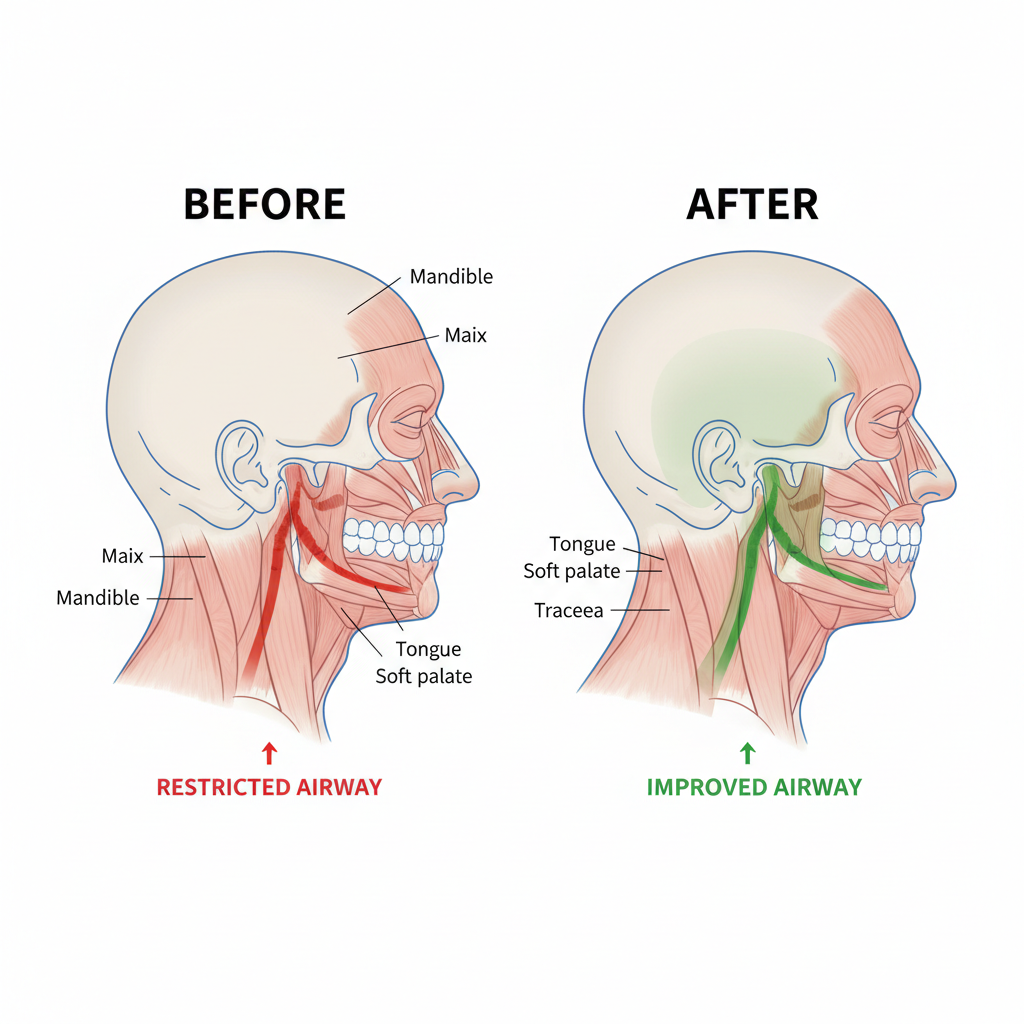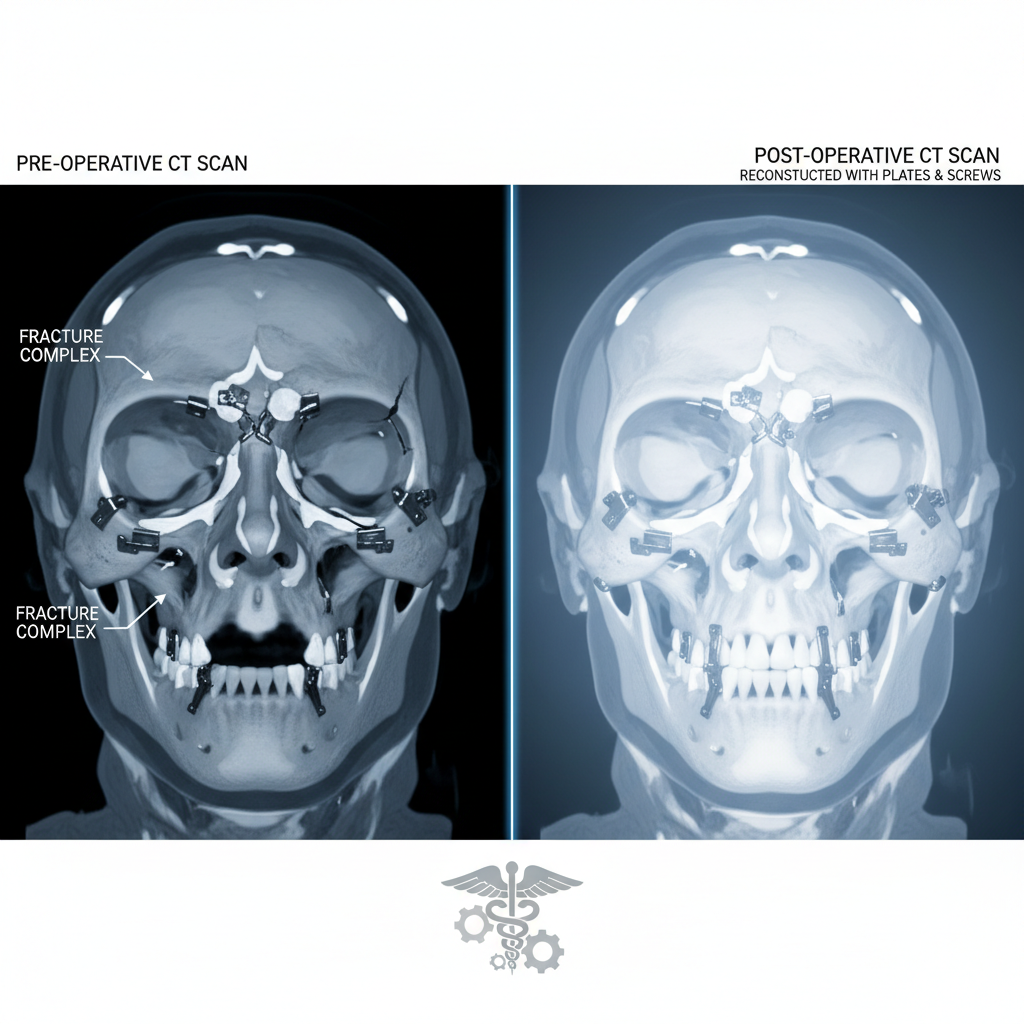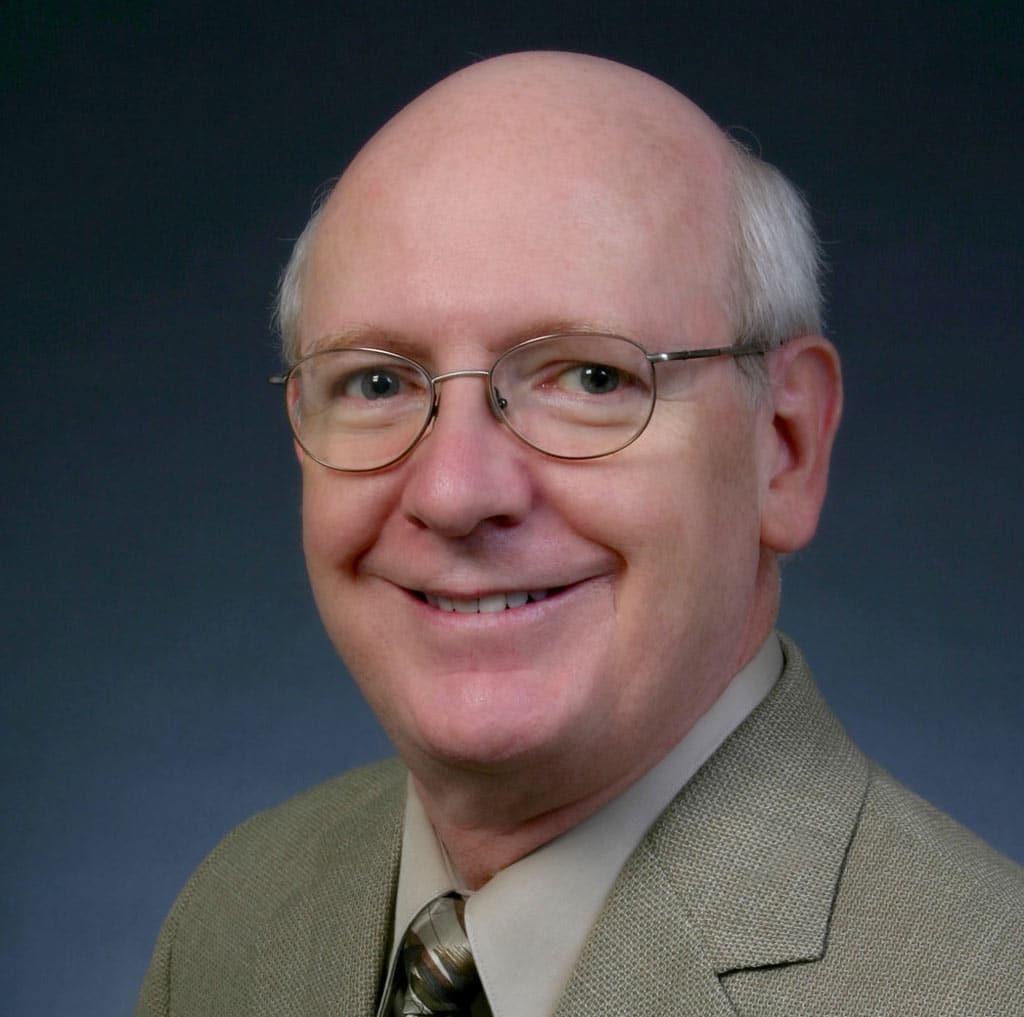Introduction to Oral & Maxillofacial Surgeons (OMFS)
When it comes to dental care, most people think of their general dentist as the go-to expert. But there’s another specialist whose expertise can be essential for certain procedures—a specialist known as an Oral and Maxillofacial Surgeon, or OMFS. These professionals play a critical role in diagnosing and treating complex dental and facial issues that go beyond the capabilities of a general dentist. In this blog post, we’re going to explore what an OMFS does, why their role is so important, and how they can make a difference in your dental health. By understanding the significance of OMFS, you’ll be better equipped to seek the right care when necessary.
Qualifications and Training Required to Become an OMFS
Becoming an OMFS is no easy feat. These specialists undergo extensive education and training to gain the skills necessary for their specialized work. Initially, aspiring OMFSs complete dental school, which typically takes four years. However, their education doesn’t end there. They must then undergo an additional four to six years of specialized training and residency in oral and maxillofacial surgery.
During their residency, OMFS trainees gain hands-on experience in various surgical procedures and complex dental cases. They learn to manage medical emergencies and understand how to treat conditions affecting the face, jaw, and mouth. This rigorous training ensures that OMFSs are highly skilled and knowledgeable, ready to tackle even the most challenging dental issues. For patients, knowing that an OMFS has undergone such comprehensive training provides reassurance and confidence in their expertise.

Common Procedures and Surgeries Performed by OMFS
Oral and maxillofacial surgeons are well-versed in a variety of procedures that address both functional and aesthetic concerns. One of the most common procedures they perform is wisdom teeth extraction. While many general dentists can handle simple extractions, impacted or complicated wisdom teeth often require the expertise of an OMFS. Their skill ensures the procedure is handled safely and effectively.
Dental implants are another area where OMFSs excel. These specialists not only place the implants but also perform any necessary preparatory procedures, such as bone grafting, to ensure the success of the implant. Their ability to assess and address complex bone and gum issues sets them apart in implant dentistry.
Corrective jaw surgery, also known as orthognathic surgery, is another vital service provided by OMFSs. This surgery corrects misalignments that can affect chewing, speaking, and even breathing. The meticulous nature of this procedure requires the precision and expertise of an OMFS, who can manage both the functional and aesthetic aspects of the surgery.
Benefits of Consulting an OMFS for Specific Dental Issues
While general dentists are adept at handling many dental problems, there are cases where consulting an OMFS is advantageous. For instance, if you have impacted wisdom teeth, a general dentist may not have the training to handle the complexities involved. An OMFS, with their specialized skills, can ensure a smoother, less painful extraction process.
Similarly, for dental implants, an OMFS can offer comprehensive care that addresses any underlying issues, such as insufficient bone structure. This holistic approach increases the likelihood of successful implant integration. Furthermore, OMFSs are equipped to perform corrective jaw surgery, a procedure that can drastically improve quality of life for those with jaw misalignment.
Consulting an OMFS provides peace of mind. Their expertise in complex dental surgeries means you’re in capable hands, reducing the risk of complications and enhancing the overall outcome of the treatment.

Technologies and Innovations in Oral and Maxillofacial Surgery
The field of oral and maxillofacial surgery is continually evolving, thanks to technological advancements. One such innovation is the use of digital imaging and 3D modeling. These tools allow OMFSs to plan surgeries with remarkable precision, ensuring better outcomes and shorter recovery times for patients.
Lasers have also become a valuable tool in oral surgery. They offer a less invasive alternative to traditional surgical methods, reducing pain and speeding up healing. Additionally, lasers are often used in soft tissue procedures, providing greater accuracy and reducing the risk of infection.
Robotics and computer-assisted surgery represent the next frontier in OMFS. Although still in the early stages of adoption, these technologies have the potential to revolutionize how surgeries are performed, offering unparalleled precision and control. For patients, these innovations mean safer procedures and more predictable results.
Choosing the Right OMFS for Your Needs
Selecting the right OMFS is crucial for ensuring a positive surgical experience and outcome. Start by seeking recommendations from your general dentist, who can provide insight into OMFSs with a proven track record. Research their qualifications and ensure they are board-certified, which indicates a high level of competence and adherence to industry standards.
When meeting with a prospective OMFS, don’t hesitate to ask questions about their experience with the specific procedure you need. Inquire about their approach to care and what you can expect during recovery. Open communication is key to feeling comfortable and confident in your choice.
Consider the OMFS’s communication style and bedside manner. Surgery can be daunting, and having a surgeon who is approachable and empathetic can make a significant difference in your overall experience. Trust your instincts and choose an OMFS who makes you feel at ease and well-informed.

Real-Life Patient Stories and Testimonials
Hearing from others who have undergone similar procedures can provide valuable insights and reassurance. Take the story of Sarah, who needed corrective jaw surgery to address severe misalignment. Initially apprehensive, she consulted an OMFS who explained the process thoroughly, easing her concerns. Post-surgery, Sarah was thrilled with the results—not only did her appearance improve, but her overall quality of life did too.
Similarly, John, who faced the daunting task of wisdom teeth extraction, shared his positive experience. His OMFS took the time to discuss the procedure, recovery, and potential complications. John’s surgery went smoothly, and he appreciated the follow-up care provided.
These stories highlight the importance of choosing an experienced OMFS. Their expertise and compassionate care can transform what might seem like a daunting experience into a positive and life-enhancing one.
Conclusion
Oral and maxillofacial surgeons play a vital role in dental care. Their specialized training and skills make them indispensable for complex dental procedures, from wisdom teeth extraction to corrective jaw surgery. By understanding their role and knowing when to consult them, you can make informed decisions about your dental health.
Remember, choosing the right OMFS involves careful research and consideration. Look for qualifications, experience, and a communication style that suits your needs. Don’t hesitate to seek recommendations and read testimonials to gain insights into what others have experienced.
Whether it’s for surgery or simply exploring your options, engaging with an OMFS could be the key to resolving your dental issues and enhancing your quality of life. Share your experiences and concerns with others, and don’t hesitate to reach out for professional advice when needed.





